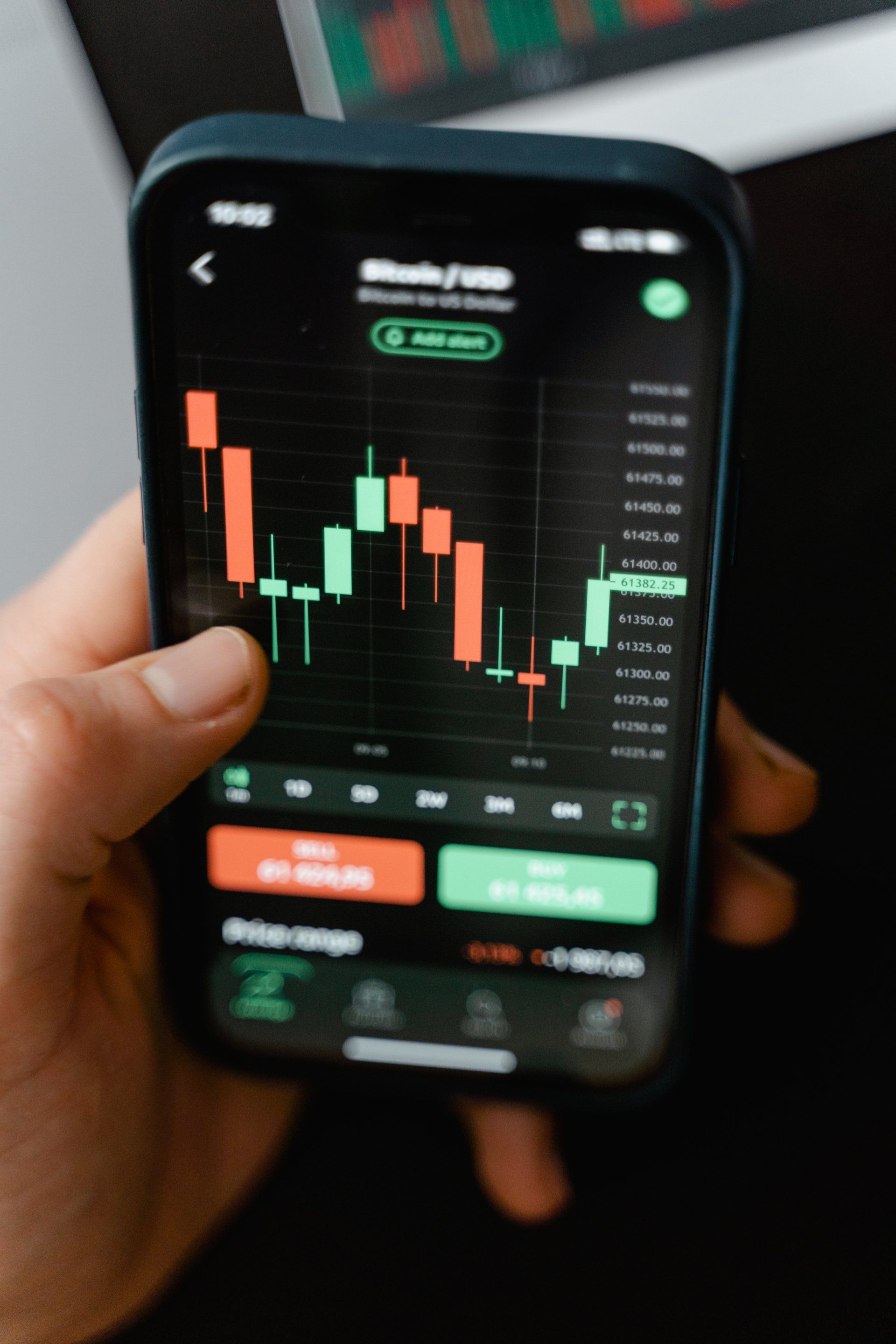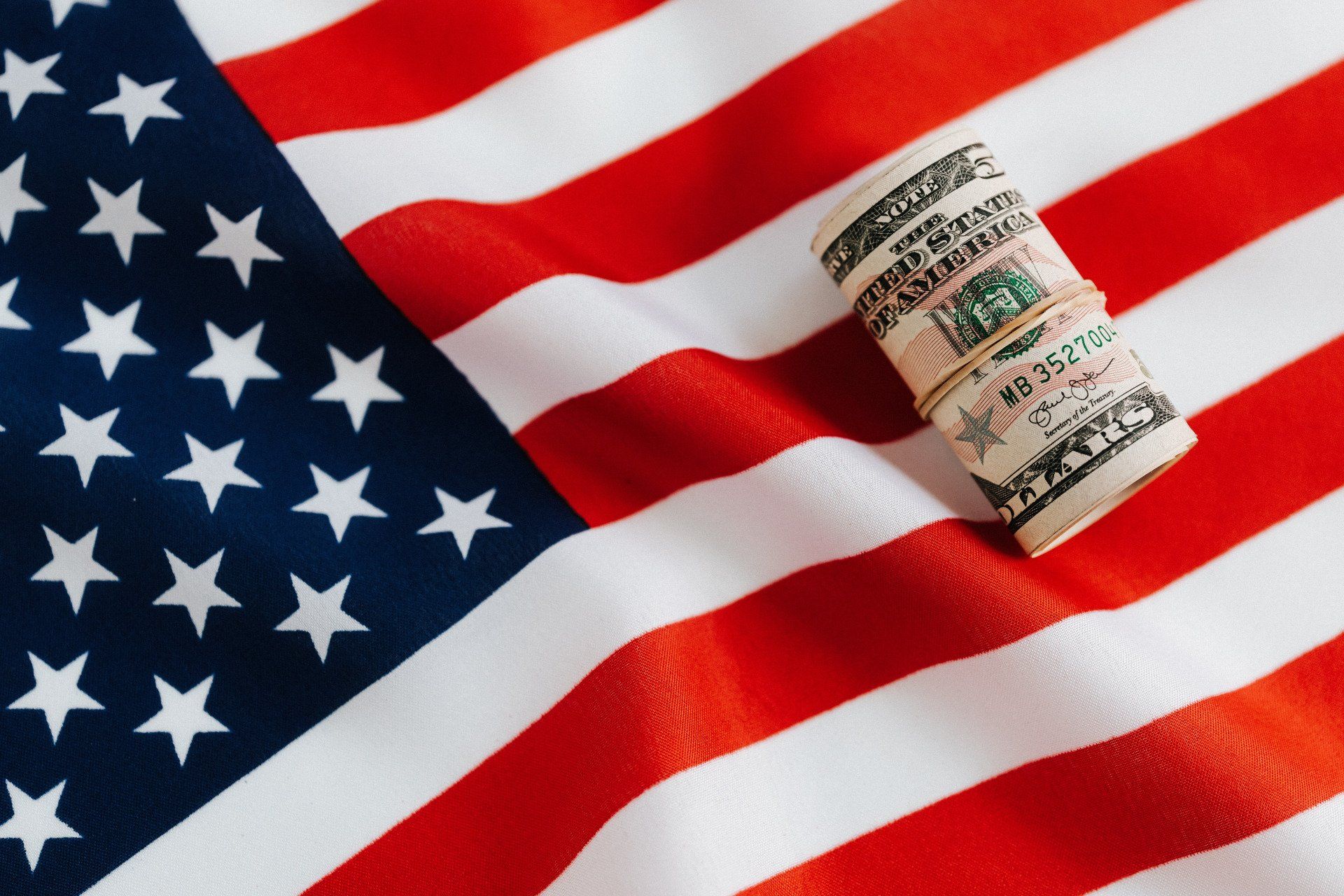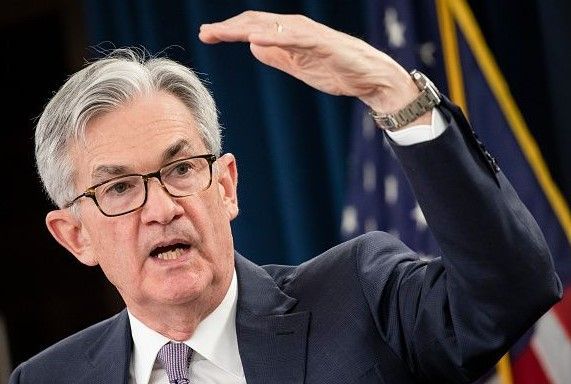Geopolitics and the Markets
We all live in one big global marketplace and what happens in one country or area can affect what happens in another. So geopolitics and the associated risk can have a big impact on trade. But what exactly is geopolitics and what impact can it have on the markets.
Geopolitics is the study of how geography affects politics and international relations. It concerns the individuals, organizations, companies, and national governments that carry out political, economic, and financial activities and how they interact with one another. At any one time some countries may be trading with each other, some countries may have trade conflicts with each other and other countries may be at war with others.
Geopolitical risk is defined as the risk associated with wars, terrorist acts and tensions between states that affect the normal and peaceful course of international relations and thereby trade.
Geopolitics can significantly affect global stock markets in various ways:
- Risk Aversion: increased geopolitical risks can trigger risk aversion among investors. Investors who were confident in investing in markets before may be less confident in investing in the markets so may reduce the holdings or halt future investments. This can negatively impact stock market returns in all economies depending on the level of the perceived risk
- Capital Flows: geopolitical events can also affect capital flows within the markets. In times of stress investors will tend to return to relative safe havens which means there will be lower flows to emerging markets but higher flows to developed markets
- Commodity Prices: some commodities such as crude oil and gold can be extremely sensitive to geopolitical risks. Oil is an essential global fuel whose supply chain can be easily disrupted by geopolitical risk and gold acts as a safe haven due to its intrinsic value. Changes to the price of these commodities can influence the valuation of financial assets which in turn can affect global stock markets
- Risk Premium: political shocks (though unrelated to economic stocks) demand a risk premium. That means investors demand compensation for uncertainty related to purely political events. This means that an increased level of return is required to invest in the same assets
- Company Impact: some companies may be more exposed to risk than others, depending on the location of the risk relative to their assets, which could have a direct impact on their valuations and people's desire to invest. Think of the number of businesses who have recently had to dispose of their subsidiaries in Russia
- Exchange rates: when geopolitical events occur it can have a significant affect on currency exchange rates and weaker currencies can be particularly adversely impacted. Because exchange rates are an important part of the cost of running businesses these can materially impact the valuation of businesses and hence the stock market itself
Does this mean that stock markets will drop? Well not necessarily. The markets haven't reacted to the current conflict in the Middle East and seem to have taken the war in Ukraine in their stride. In fact the US markets seem completely pre-occupied with the upward cycle of interest rates and the threat of recession. But that's at the moment, the thing with geopolitics is that at some point it may have a much larger impact. So it's best to keep a watchful eye on it.
Investing
Investing in the markets involves taken a longer term view so any geopolitical risks or events need to be considered in that context. What is the likelihood of the risk materialising? If if does materialise what is your plan: sell, hold, invest? If it has already materialised then what is your plan: sell, hold, invest? Again think long term and remember negative events can also present buying opportunities. Geopolitical risks also tend to have a greater impact on emerging markets than established markets so build that into your portfolio thinking.
Trading
Trading involves short time horizons. Think of a typical Daytrader who holds a position for minutes or hours, rarely days. Markets can react quickly to geopolitical events so you could be in a trade when there is a sudden move. This is another reason way it is important at all times to have a stop set with every trade; you need to make sure you have set your maximum risk. If there has been a sudden move it is best to wait and see how the market settles: does it continue to be volatile or does it calm down. Only continue trading when you are comfortable with the conditions that you see. Trading is likely to be less impacted than investing.
The bottom line here is that geopolitical risk is a fact of life and needs to be factored into both your trading and investing plan. That way, if the risk crystallizes you have a clear plan of action to ensure your downside is minimized and you are ready for any market upside that may present itself.









